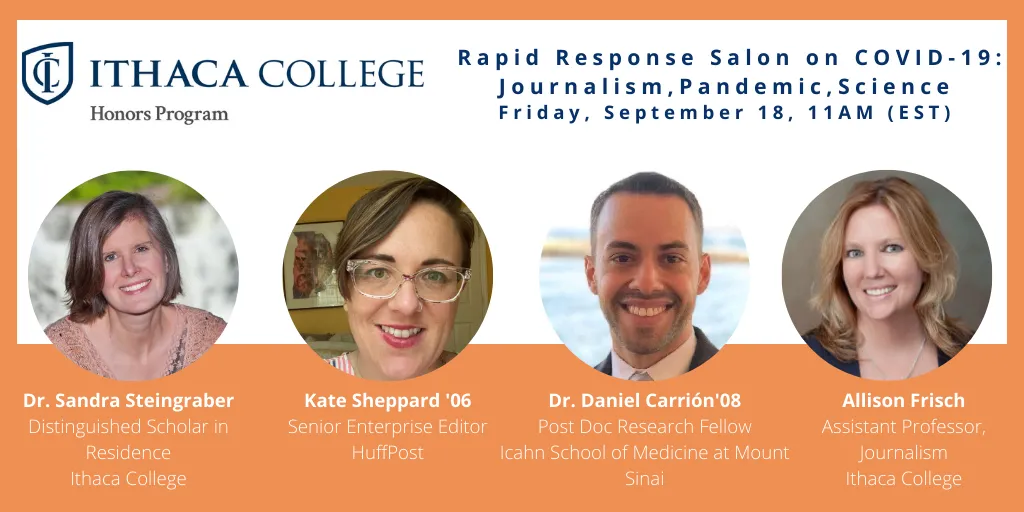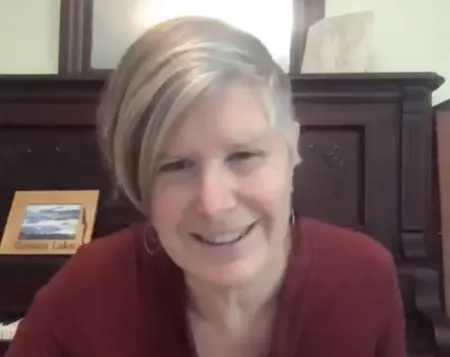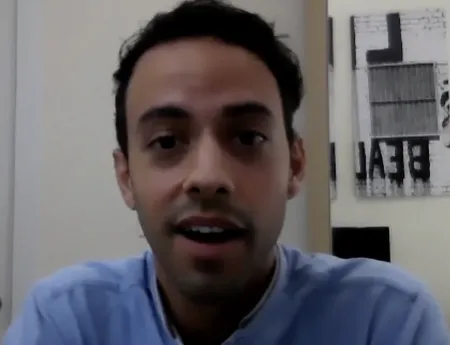In addition to the discussion about the role of journalists and journalism, panelists also discussed the role race, and racism, plays during the pandemic.
Steingraber talked about the impact of air pollution on communities of color, pointing out that it makes the virus more likely to be caught and more severe — and deadly — for those who catch it.
“We don’t spread oil and gas drilling rigs, pipelines and compressor stations and flare stacks over just anybody’s community,” she said. “Communities of color are the target for these places.”
Carrión urged scientists to define what they mean by race when using it in a study, saying that their intentions are not always shown by the results of their work.
“For me, scientific racism is recentering the racism on the impact rather [than] the intention,” he said. “There are many scientists who are trying to do good work to further health equity, but that’s not necessarily the impact that’s being born out.”
Carrión also talked about how his experience at Ithaca as helping him during his career. “I straddled the social and natural sciences,” he said. “The faculty at IC were so great because they let me do that, and [were] good at prompting you to be more critical. That has served me well.”


